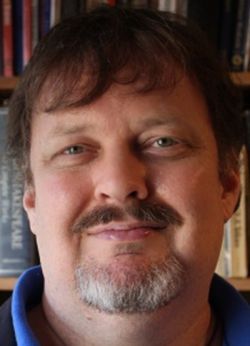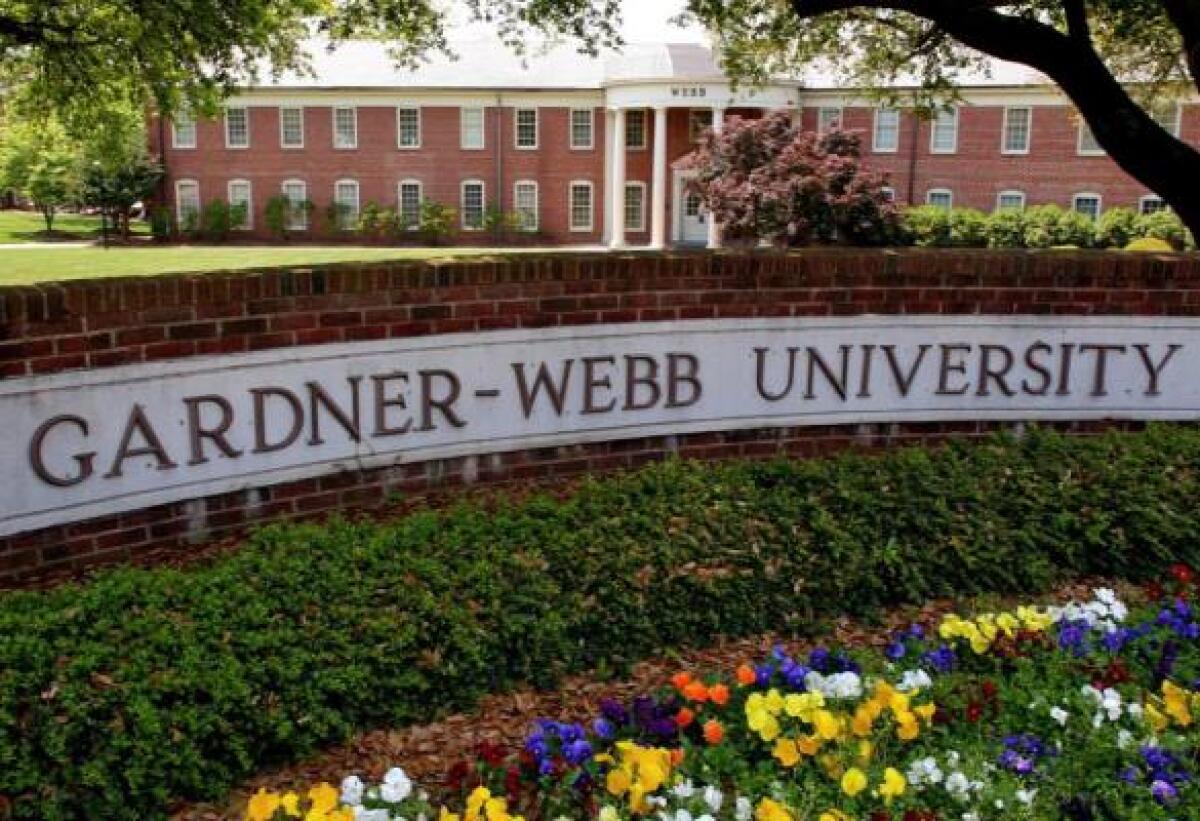- Friday, 6 February 2026
- Have a HOT TIP? Call 704-276-6587 or E-mail us At LH@LincolnHerald.com
Bishop Tissier de Mallerais Dead At 79
Softspoken shepherd was pillar of the Faith

At the age of 79, Bishop Bernard Tissier de Mallerais went on to his eternal reward Oct. 8.
At the seminary of the Society of St. Pius X in Écône, Switzerland on Sept. 28, His Excellency tripped and fell upon a set of stairs and sustained a skull fracture and internal haemorrhaging. Summarily hospitalized, he spent more than a week in an induced coma before passing away that Tuesday night at 10:08 p.m. Millions of traditional Catholics the world over mourn his passing.
Tissier de Mallerais (such was his tripartite surname) grew up in Sallanches in the French Alps. In the charming village of Écône in 1975, he was ordained a priest by Archbishop Marcel Lefebvre. Tissier de Mallerais spent 36 years as a bishop of the Society of St. Pius X (or SSPX), labouring away with zeal and fidelity for Holy Mother Church and her people. A humble man with a heart for Christ and His Church, the bishop did not spare himself in his global duties as a faithful worker in God’s vineyard. Amongst a host of other holy tasks, he served as secretary-general of the SSPX, 1984-96.

Bishop Bernard Tissier de Mallerais addresses the faithful during a Mass in 2019. His Excellency passed away last week at the age of 79.
(Contributed Photos)
I met His Excellency in 2009, when he visited my chapel, St. Anthony of Padua Traditional Catholic Church, in Mount Holly. He was a tall man and very gaunt, as I recall, owing to his monkish asceticism. Gentle and softspoken, he had an otherworldly quality about him, and he seemed to know some cosmic secret that most of us simply don’t.
My good friend, the Stanley-based trilingual historian, Patrick Fields, years ago taught countless students in Catholic schools in France, Switzerland and Brasil. Confirmed by Lefebvre himself more than four decades ago, Fields used to enjoy mealtime conversations with the Archbishop at the SSPX seminary in Écône, back in the halcyon days of the 1980’s.
And Fields’s recollection of the late Bishop mirrored my own.
“I remember Bishop Tissier de Mallerais from his episcopal visitation to St. Anthony’s,” he said Saturday. “He was very softspoken. He was in many ways the opposite of the stereotypical trad firebrand. In fact, he could pass for a twin of Charlotte’s very recently retired Bishop Peter Jugis.”
Quelle coïncidence, Jugis was Fields’s neighbour when the two were growing up in Charlotte. A small world indeed.
Well done, thou good and faithful servant
In the ensuing days, countless Catholic funeral Masses have been held around the world.

Fr. François-Marie, seen here in the centre, said Wednesday’s funeral Mass for the late Bishop Bernard Tissier de Mallerais.
One of them took place Wednesday, Oct. 9, at St. Anthony’s. Quelle coïncidence encore une fois et très approprié, our chapel was that night and for several days graced by the presence of the saintly Capuchin Franciscan friars from Morgon in the beautiful Beaujolais region of France. These men of God truly walk the walk. Bearded, bespectacled and bony, they eat very little and lead lives of contemplation, extreme self-denial and dedicated service to the poor. Perhaps the most famous example of modern times is St. Pio of Pietrelcina (Padre Pio).
Quite often, monks and friars are also priests. So it is with the Capuchins who visited us.
That evening, Fr. François-Marie said Mass, his Latin curiously possessed of an Italian accent. In a short fervorino, his English coloured by a thick French accent, he spoke fondly of Tissier de Mallerais and stressed the importance of praying the rosary faithfully.
The cantor sang the “Dies Irae” (or in Latin, “Day of Wrath”), typically heard at Catholic funerals. The haunting, minor-chord melody––enough to make anyone contemplate his own mortality and dread the Day of Judgement––was composed some 800 years ago by Fr. Tommaso da Celano, himself a Franciscan, appropriately enough, and an early biographer of St. Francis of Assisi.
The chant concludes:
“Pie Iesu Domine,
Dona eis requiem. Amen.”
Or, “Merciful Lord Jesus,
Grant them rest. Amen.”
In the Gospel of St. Matthew, Chapter 25, verse 21, Christ speaks in one of His instructive parables. This one concerns those who are faithful, contrasted against those who are not. We read in part:
“His Lord said unto him, ‘Well done, thou good and faithful servant…Enter thou into the joy of thy Lord.’”
For a Christian life well lived and for all he did for others, I’m sure His Excellency heard those words upon entering Heaven last week.
May we all hear them when our time comes.

 Editor , Thomas Lark
Editor , Thomas Lark















